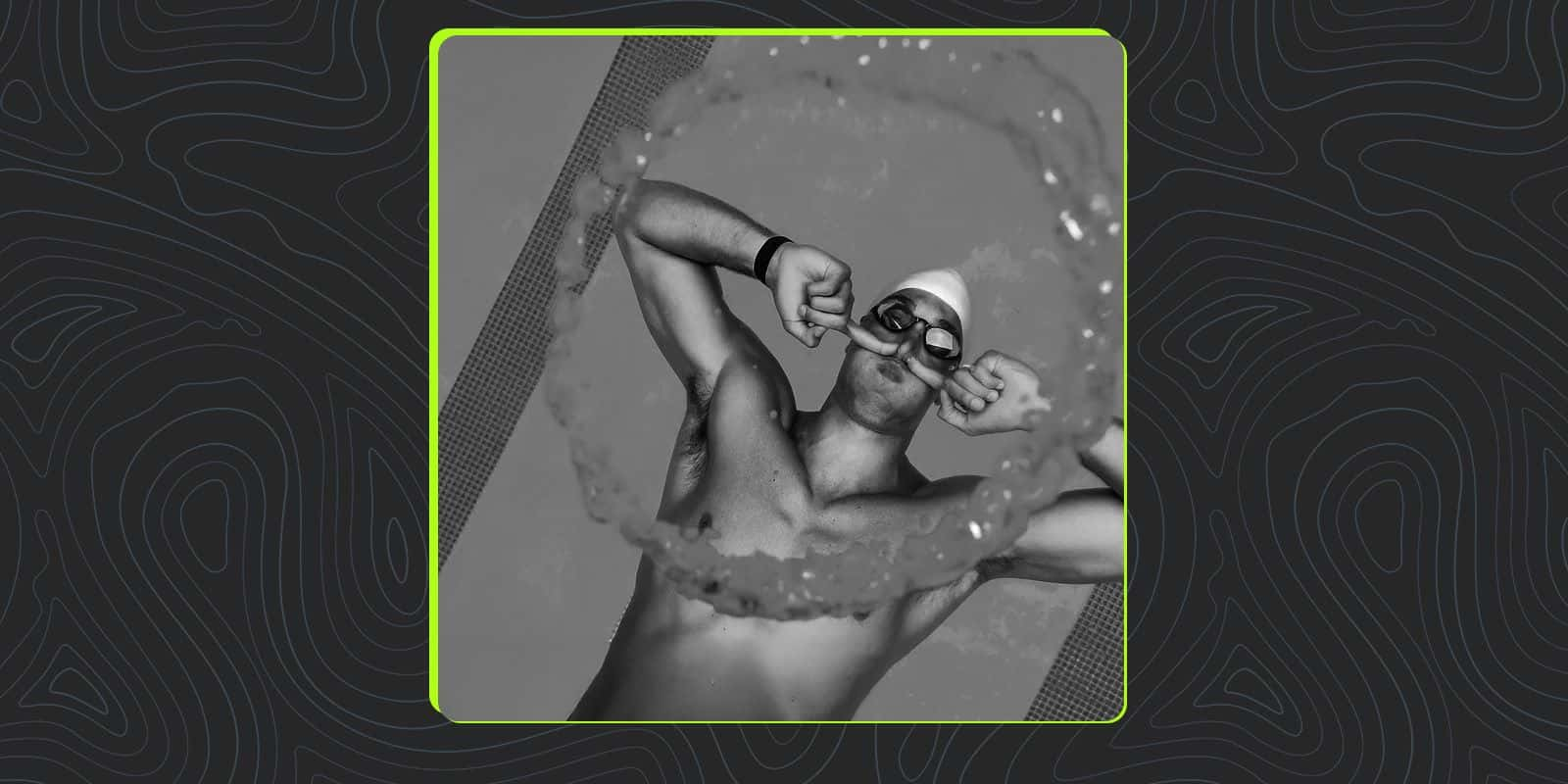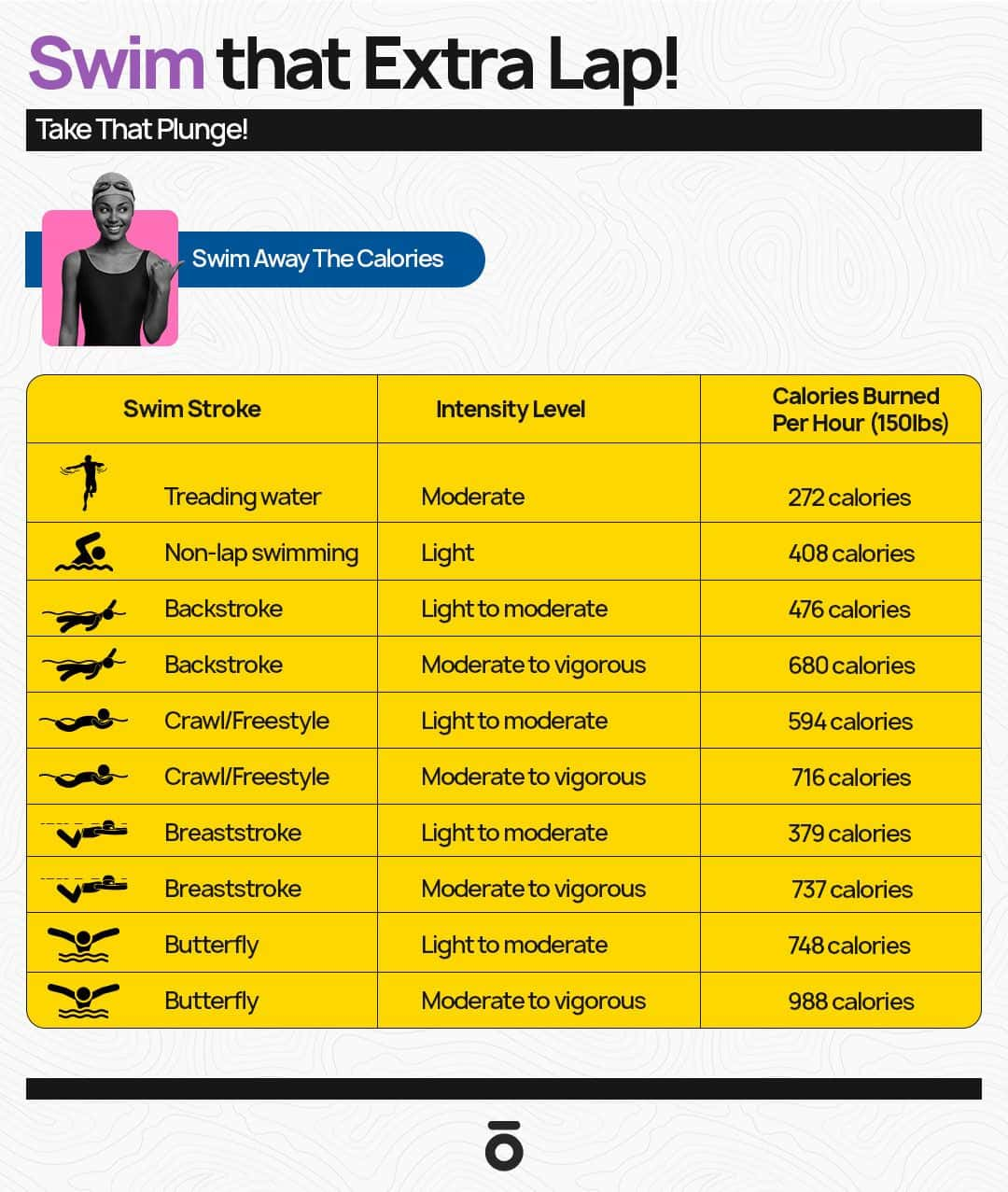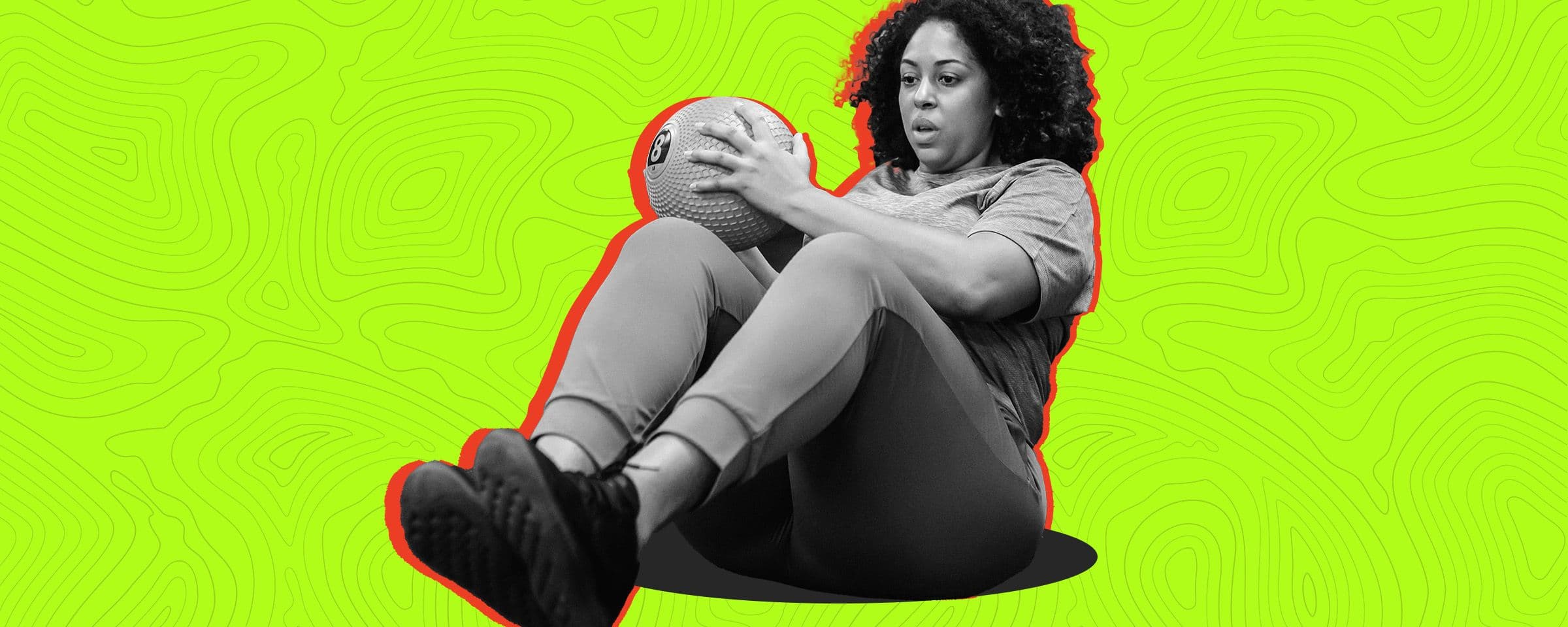Myths About Swimming - Busted

Introduction
Swimming is a wonderful exercise. Just look at elite swimmers when they line up at the Olympics. They’re lean, fast and mean business. Swimming works out every single muscle in the body.
Swimmers follow strict diets and train for hours just to clinch the hallowed Olympic gold when the time comes. But was swimming always so sought after? When did thrashing about in the pool become so famous?
Though swimming is considered a complete sport, it comes with its myths, some a little more absurd than the other. Don’t eat before you swim; if you’re fat, you can’t swim; a pool workout isn’t a good workout and more. Here are some myths about swimming that are untrue but well-known.

Debunking Swimming Myths
You Can’t Workout Properly in the Pool
This is one of the well-known myths about swimming. Water workouts are low-impact exercises, so they’re easy on the body, especially if you are injured or want to avoid pain. Low impact is not low quality, however.
The truth is that swimming is one of the best whole-body exercises around, requiring the use of all the major muscles in the arms and legs, together with your hips, back, glutes and abdominals.
Don’t discount the effect swimming could have on your body. Swim a mile properly, and your body will be gasping for air. Working out in the pool can be a fun yet extremely effective way to stay fit!
You Can’t Lose Weight by Swimming
If you see recreational swimmers, they’re just like the rest of us, some a little out of shape. But if you look at elite swimmers, the story is very different. Any activity that torches calories to help your body create a calorie deficit can result in weight loss.
One common swimming myth is that you can’t lose weight by swimming. Contrary to that, swimming burns many calories - more than walking and jogging.
A 154-pound person will burn 255 calories, spending half an hour in the pool. The same time spent walking would burn 140 calories only. Swimming seriously leads to serious and complete fat loss.
You Don’t Need to Drink Water While Swimming
This is a baseless swimming misconception. Just because you are treading water doesn’t mean you don’t have to drink water. If you workout intensely, you raise your body temperature and sweat as a result.
In the pool, this is not apparent because the sweat is washed away immediately. If the pool is a little warmer your body’s cooling mechanism might not work. So to counter that, you need to drink a lot of water.
Competitive swimming pools are purposely designed to keep at an optimum temperature. Even then, championship swimmers always hydrate themselves during training.
It’s Okay to Pee in the Pool
Earlier, our adults would sometimes tell us that it’s okay to pee a little in the pool because the chlorine cleans it up and it won’t affect others. That is WRONG!!!.
Chlorine, when it reacts with sweat, urine and body oil, creates poisonous chemicals like trichloramine and cyanogen chloride, which can cause breathing issues for people suffering from asthma and other respiratory illnesses.
Shower before and after your swim, and PLEASE! Refrain from urinating in the pool.
You Can’t Swim After Eating Anything
I was told as a young boy - don’t eat before you swim because you’ll throw everything up. This is the biggest myth to date. Championship swimmers, before competing, always have a small meal like a bowl of oats or a protein bar.
However, this does not translate to drinking alcohol and swimming. If you have had a cocktail and are contemplating going for a dip, please refrain because it could cause an accident like drowning.
I just ate a meal and can’t wait to digest it. Jump into the pool. Just had a few beers and wanted to jump into the pool? Well, don't.
Hold Your Breath Underwater, It’ll Help You Float
You might have been told to hold your breath underwater. However, that notion is wrong because it works against your natural rhythms when you swim.
Breathe out or blow bubbles underwater - this is much better because it prepares your lungs to fill with air when you come up to the surface again.
Don’t hold your breath and swim strokes - this is extremely inefficient and could lead to early fatigue. Make sure you breathe properly underwater, as that will impact your swim times.
Want to Swim Faster? You Have to Move Faster
This is a partially correct myth. The truth about swimming is that if your strokes are fast, you might go quickly more often. However, this is just part of the equation and is heavily misleading.
What it doesn’t take into account is stroke technique and length. If you swim at a club, speak to one of the coaches about improving your technique - that could help refine your stroke to achieve your best times.
Let’s take into account the toughest stroke - the butterfly. In this stroke, technique is paramount, so polish your technique to become faster than you swam yesterday.
If You Didn’t Swim as a Child, There’s No Hope Now
If you did not get swimming lessons when you were a small child, don’t worry. You can always sign up for lessons and become an amateur swimmer as an adult.
Don’t get us wrong - swimming as a kid naturally has its advantages - you learn quicker and can adapt to the pool.
However, if you were not privileged enough to get swimming lessons as a child, you need not worry because you can probably sign up for lessons now.
Swimming With Fins Is Cheating
According to some people, wearing fins is considered cheating because you can swim faster and cover more distance, especially if you are just starting.
Swimming with swim fins, paddles, and other equipment should not feel like cheating. Swimming with fins can be a great workout because it engages more muscle groups, pushing you to swim faster.
If the Water Is Clear, the Water Is Clean
Look down into your neighbourhood swimming pool. Is the water a clear shade of turquoise? While that pool may look clean, it may be far from clean in real life. Even though the water is as clear as glass, put it under a microscope, and you’ll see the microbes in it.
Or there might be too much chlorine or pool chemicals in the water. Always do your homework before you dip into any pool because a clear pool may not necessarily be a clean pool.

Conclusion
In conclusion, swimming is a great workout. Whether you swim freestyle or any other stroke, swimming can help you get in shape and burn many calories. The myths about swimming are all unfounded and senseless.
Don’t let anyone discourage you from swimming. Do jump into the nearest swimming pool and have fun swimming in summer.
FAQs
I'm heavy, I weigh a lot. Can I swim?
Having a lot of fat doesn’t mean you’ll be slow in the water or find swimming difficult. You might have a great time swimming because you might be faster than most people who do not swim.
I smoke. Will it impact my swimming?
Smoking fills your lungs with smoke, and that might be a distinct disadvantage whenever you want to do some cardio. So stay away from cigarettes; it’ll help in the long run as well.
What do I eat before swimming?
Eat a small meal like a bowl of oats, a sandwich or a protein bar just before entering the pool. Never swim on an empty stomach.
I can swim in the pool. Can I swim in the ocean?
Open-water swimming is way more dangerous and requires more technique than swimming in a pool. Always verify this and be prepared if you want to do open water swimming.
I didn’t swim during my childhood. Can I learn now?
If you did not swim as a child, there’s no need to worry. You can always learn as an adult and perfect all the strokes.




